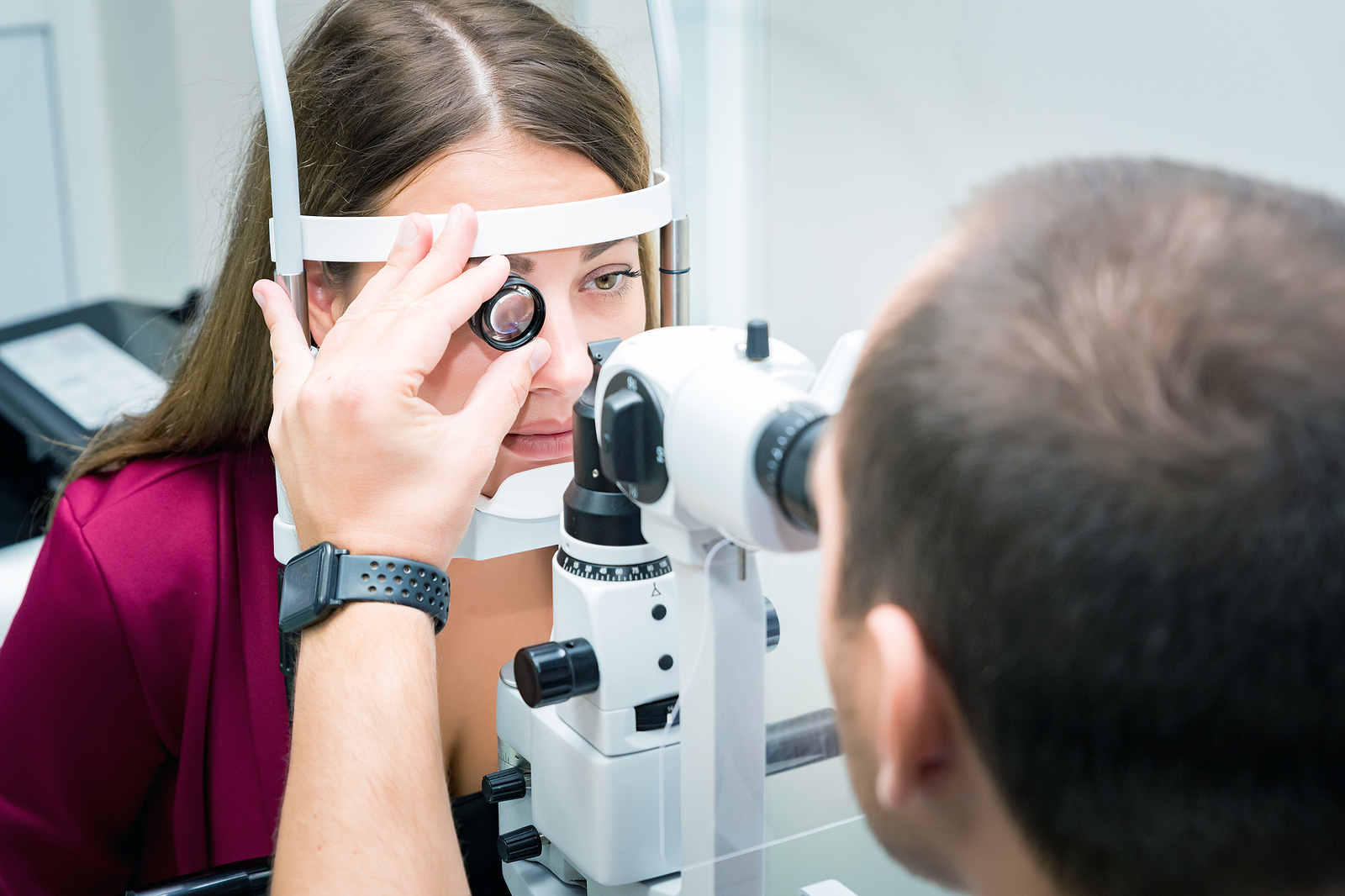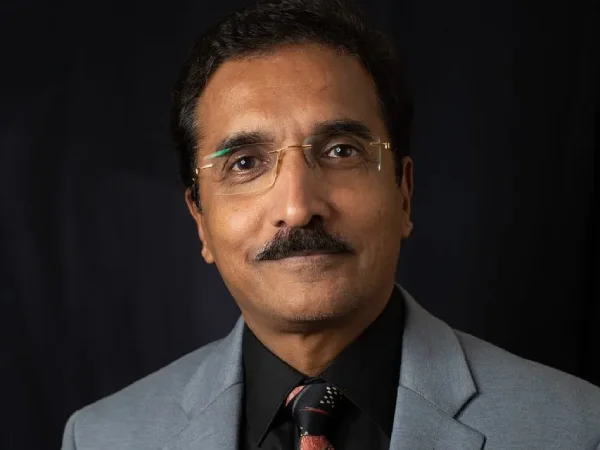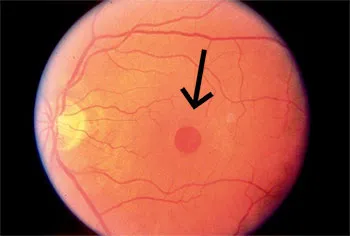The frequency of eye exams for glaucoma should be determined by your eye doctor, as it depends on several factors, including your age, family history, and individual risk factors. However, here are some general guidelines:
1. Age and Risk Factors:
– If you are under 40 years old and have no known risk factors for glaucoma, you may not need regular glaucoma screenings. In this case, it’s still important to have comprehensive eye exams every 2-4 years to monitor your overall eye health.
– If you are over 40 and have no known risk factors, you may be advised to have a baseline eye exam to establish a reference point for future assessments. Afterward, your eye doctor will determine how often you need follow-up exams based on the results and any changes in your eye health.
2. High-Risk Factors:
– If you have risk factors for glaucoma, such as a family history of the condition, African American or Hispanic ancestry, or certain medical conditions (e.g., diabetes, high blood pressure), your eye doctor may recommend more frequent screenings.
– Individuals with a family history of glaucoma may need annual or biennial eye exams, starting at an earlier age, such as age 35.
3. Glaucoma Diagnosis or Suspected Glaucoma:
– If you have been diagnosed with glaucoma or your eye doctor suspects you have the condition, you will likely require more frequent and regular eye exams. The frequency of these exams will depend on the severity of your condition and your treatment plan.
4. Progression and Treatment Response:
– If you have already been diagnosed with glaucoma and are undergoing treatment, the frequency of your follow-up exams will be determined by how well your condition is controlled and whether there is any progression. Some patients may need more frequent monitoring, such as every 3-6 months, while others may be seen less frequently if their condition is stable.
It’s important to note that early detection and treatment are crucial in managing glaucoma effectively and preserving your vision. Therefore, it’s essential to follow your eye doctor’s recommendations regarding the frequency of eye exams.
If you have concerns about your risk factors or if you notice any changes in your vision, such as peripheral vision loss or blurred vision, it’s important to consult with an eye care professional promptly, regardless of your scheduled exam.
It’s important to consult Dr. Vaidya one of the Best Glaucoma Treatment in Mumbai know more information visit our hospital at Dr. Vaidya Eye Hospital.




